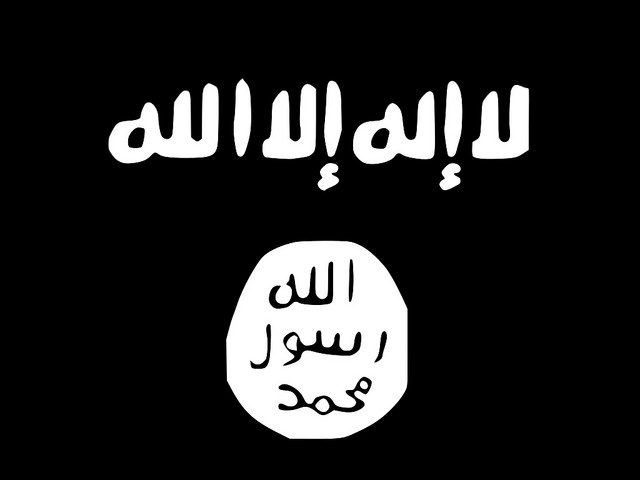
ISIS may have a few problems with the social niceties. Their tendencies to murder, rape, enslave and behead are well known, as if their love of genocide.
But it appears that many local businesses are choosing to move under their governance. The reason? ISIS operates in a predictable fashion without the corruption tax imposed by other regimes.
I wonder how long it will be before our government signs a trade agreement with ISIS and begins shipping whatever American jobs are left to them.
From The Telegraph:
The Syrian businessman was enjoying a much-needed holiday in Turkey when the phone call came from the tax inspector of the Islamic State.
His business partner in Raqqa had been arrested, the inspector told him, and he would not be released until his company paid the $100,000 (£65,000) it owed the “Caliphate”.
“They told me that because I have a lot of money, I have to pay my share,” said Ammar, whose asked that his real name not be used. “They analyse your income and take a percentage.”
As Isil works to establish its empire, the jihadists have become fastidious bureaucrats: imposing taxes, paying fixed salaries and imposing trading standards laws in a bid to create a healthy economy that will sustain their autocratic rule.
Yet despite brutal punishments for those who break the laws, many Syrian businessmen see Isil as the only option when compared to the anarchy that prevails in areas controlled by other rebels, including Western-backed groups.
• Isil one year on: how Isil has spelt doom for Iraq’s Sunnis
• The rise of Islamic State – how the jihadi group conquered territory in Iraq and SyriaAmmar, who deals in cars, houses and poultry, is largely secular and privately despises the jihadists (he refers to the Isil-held “capital” of Raqqa as “the big prison”).
Yet he admits that he now works almost exclusively in their areas, having had $150,000 worth of stock stolen by a gang in turf run by another armed faction. Likewise, when he traded in areas controlled by the Syrian government, he was detained by a pro-regime militia, who demanded a bribe of $25,000 for his release.
While Isil charges zakat, the alms payment in Islam – essentially an income tax – to those residents who can afford it, Ammar said businesses were protected from theft and corruption.
“When I take chickens that I have bought from farmers in the rural areas to Raqqa the first thing I have to do is go to the zakat office and pay the standard 2.5 per cent. They then give me a voucher that allows me to sell the produce in the city.”
The model is being applied across Isil territory in Syria, and to such a degree that businesses are now choosing to move their industry into Isil areas.













